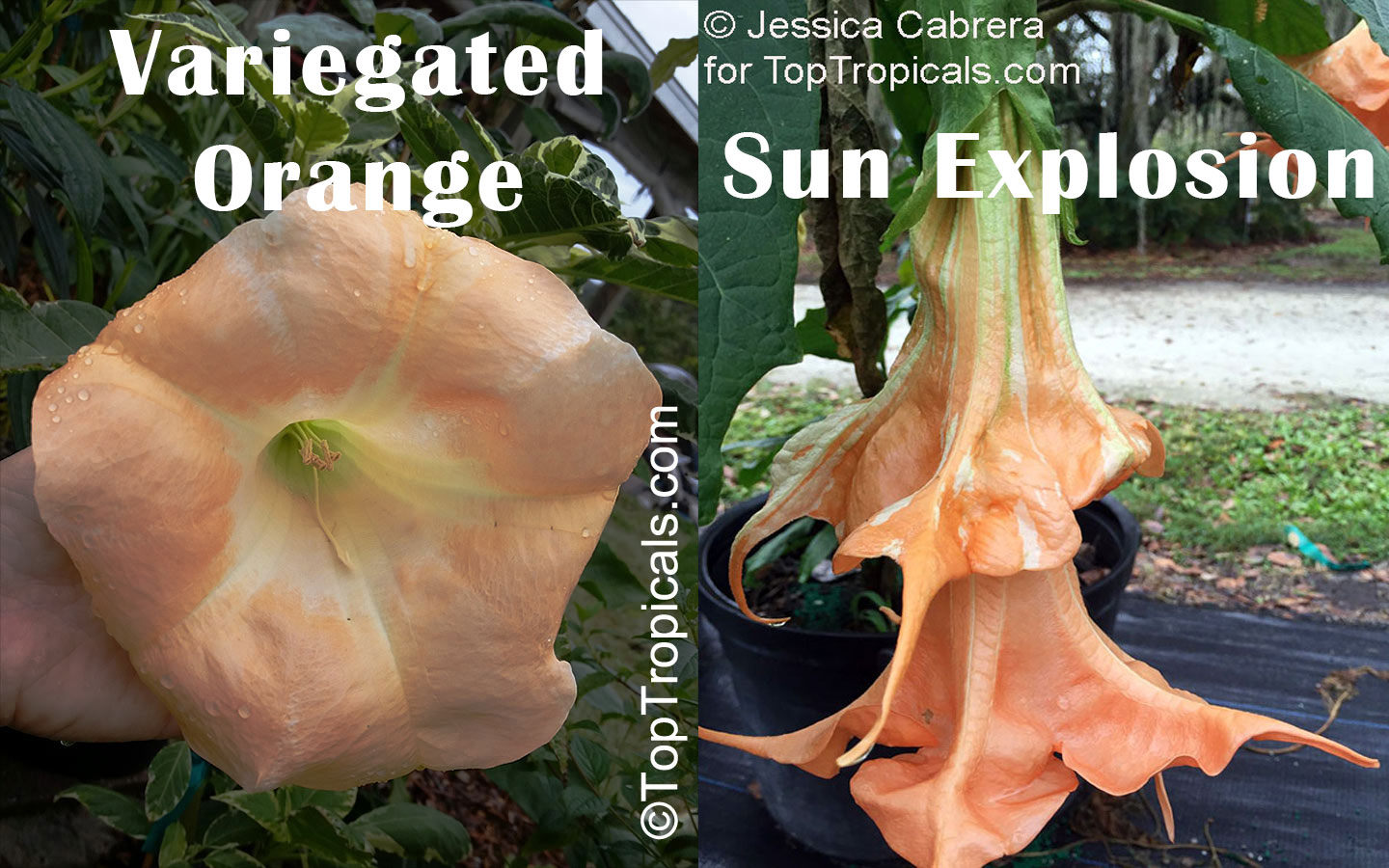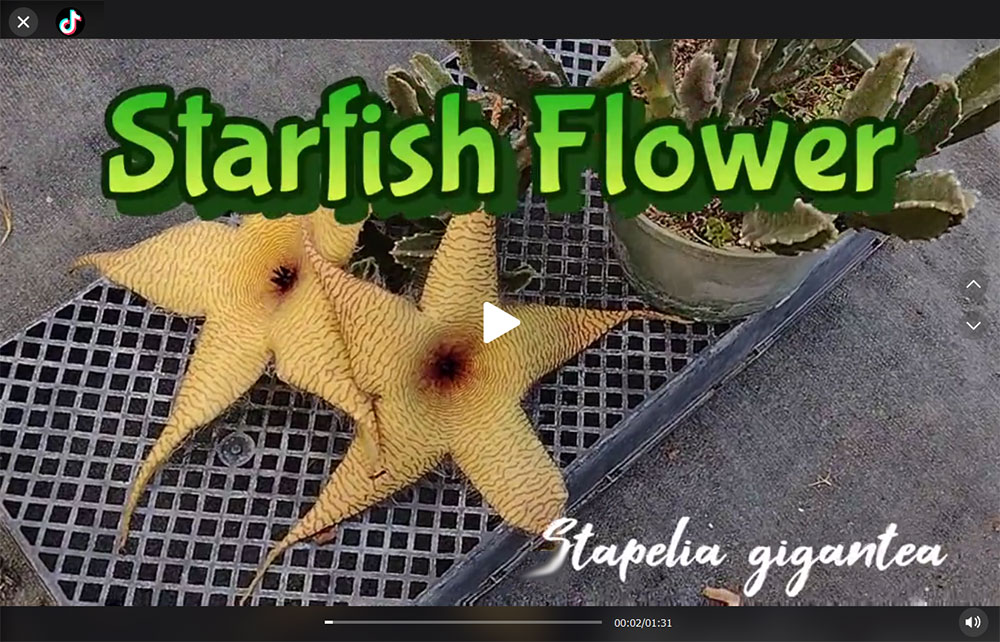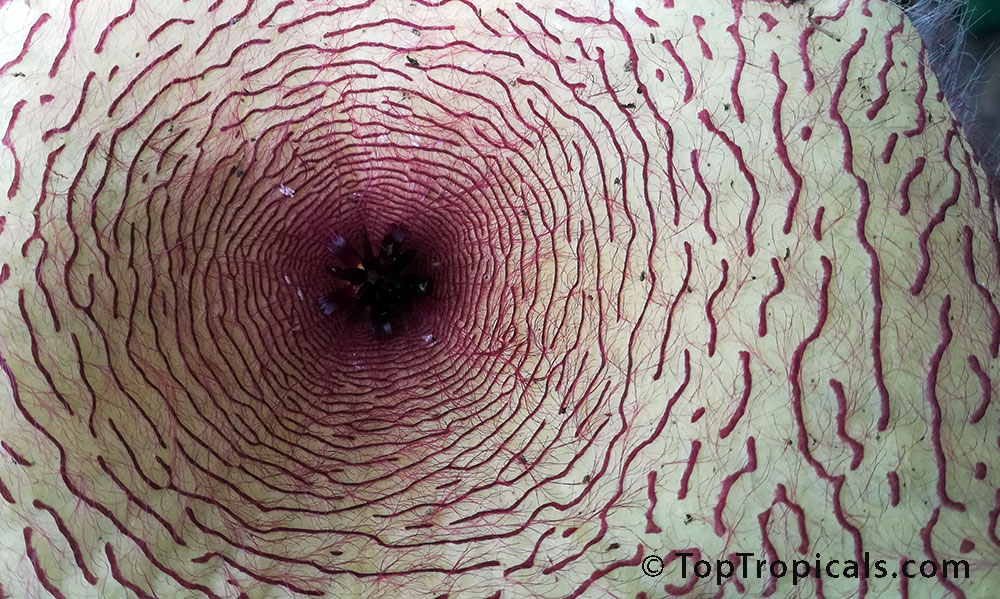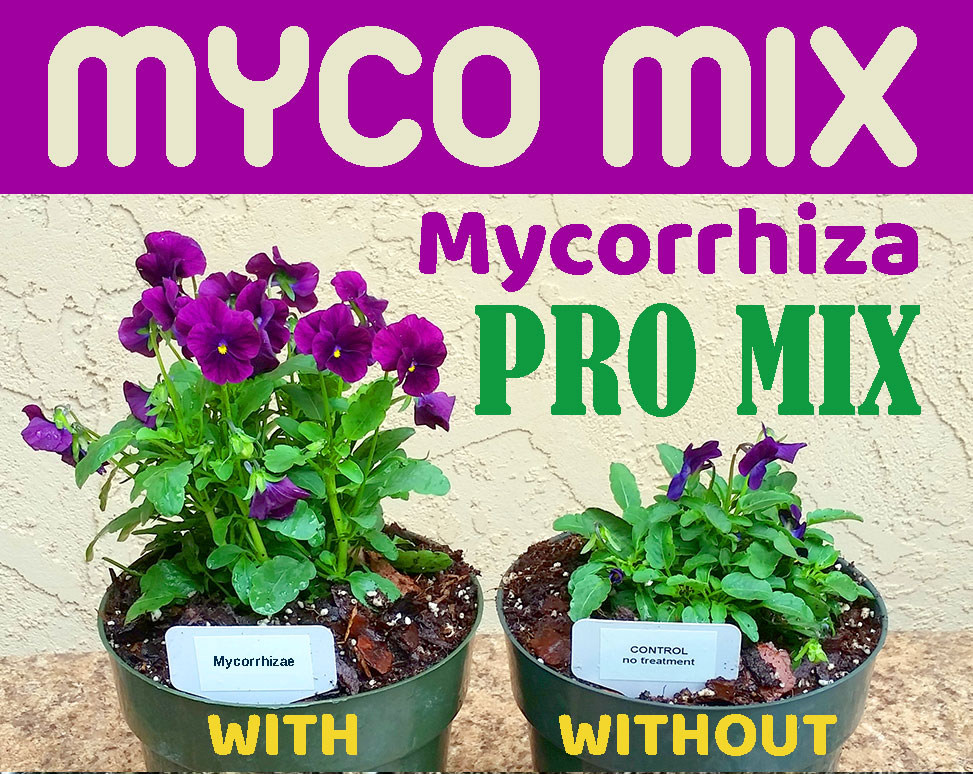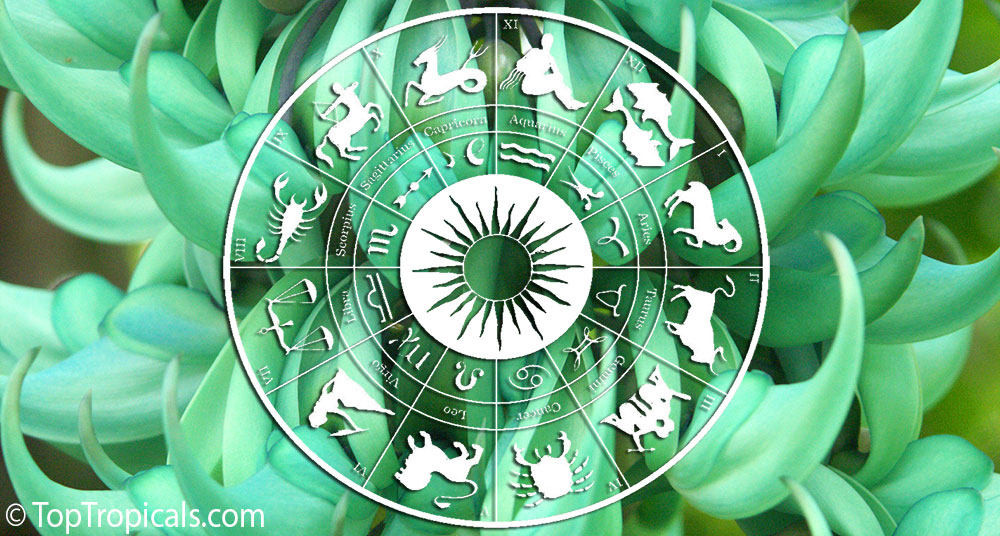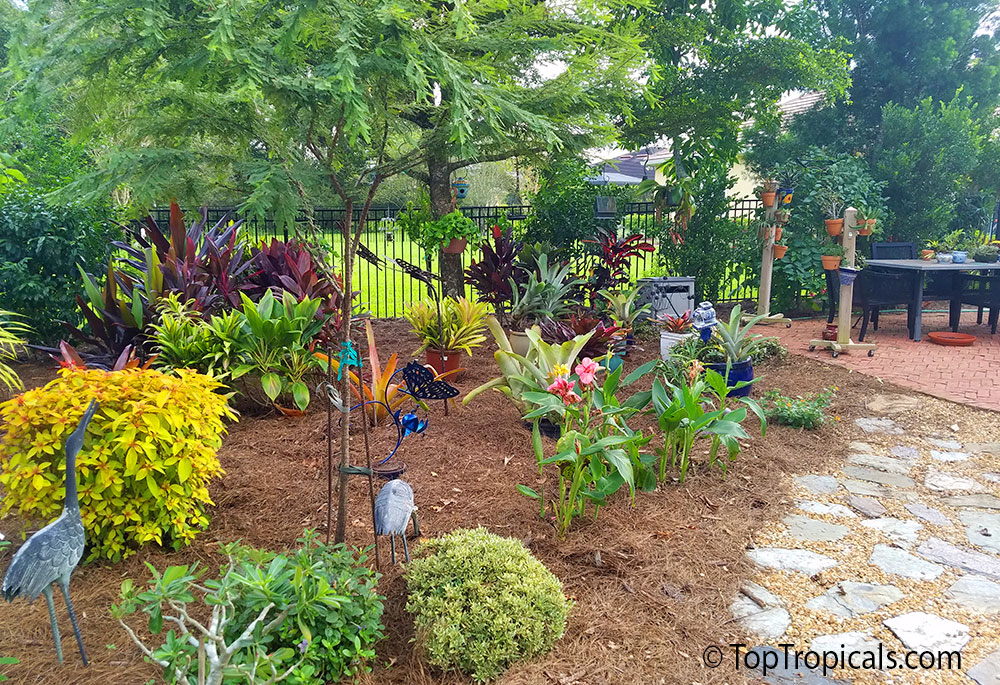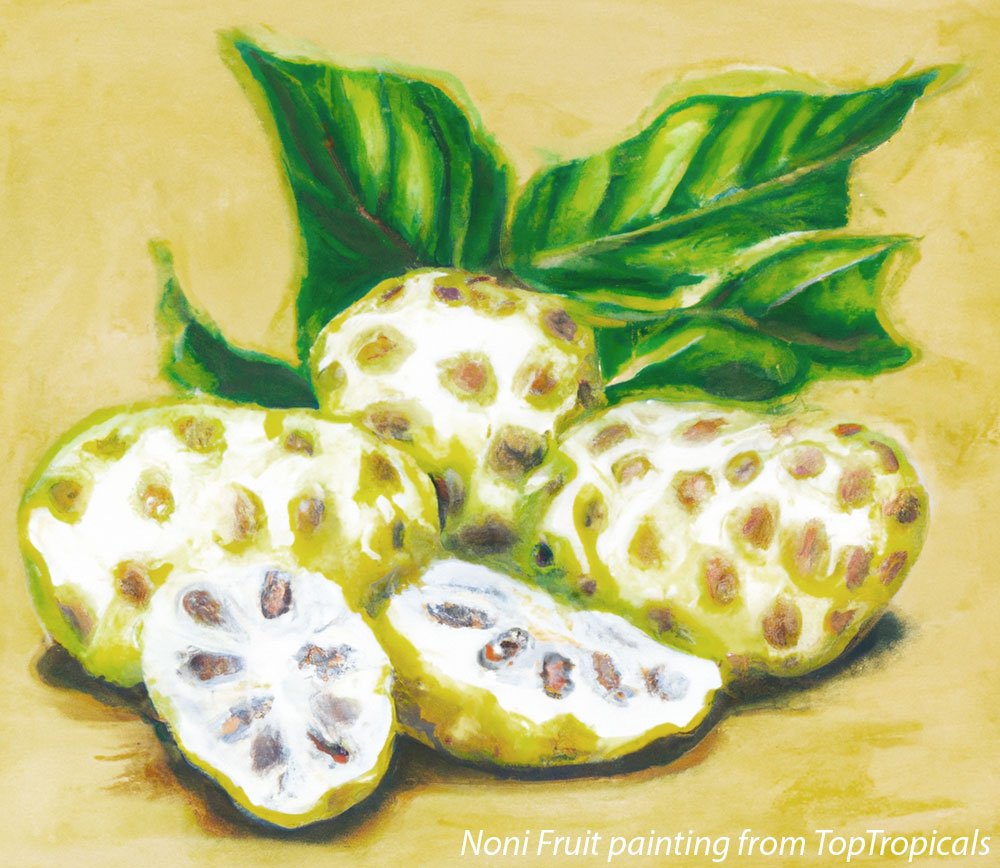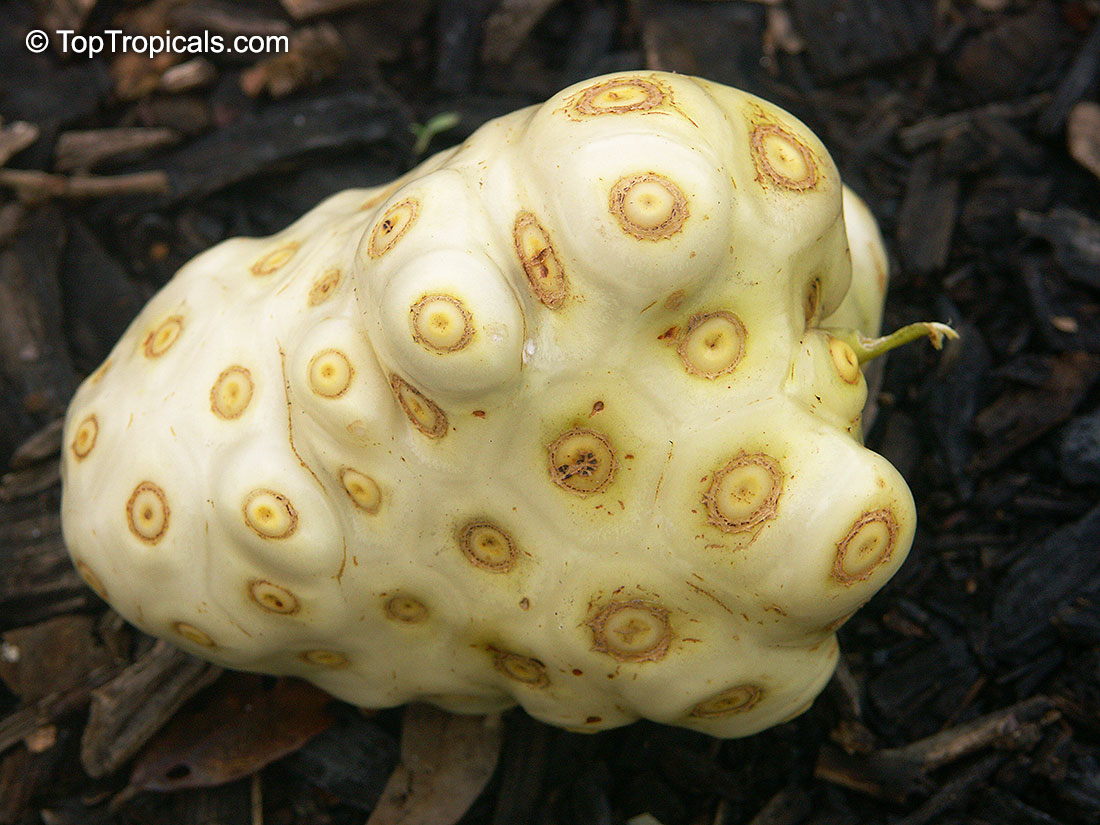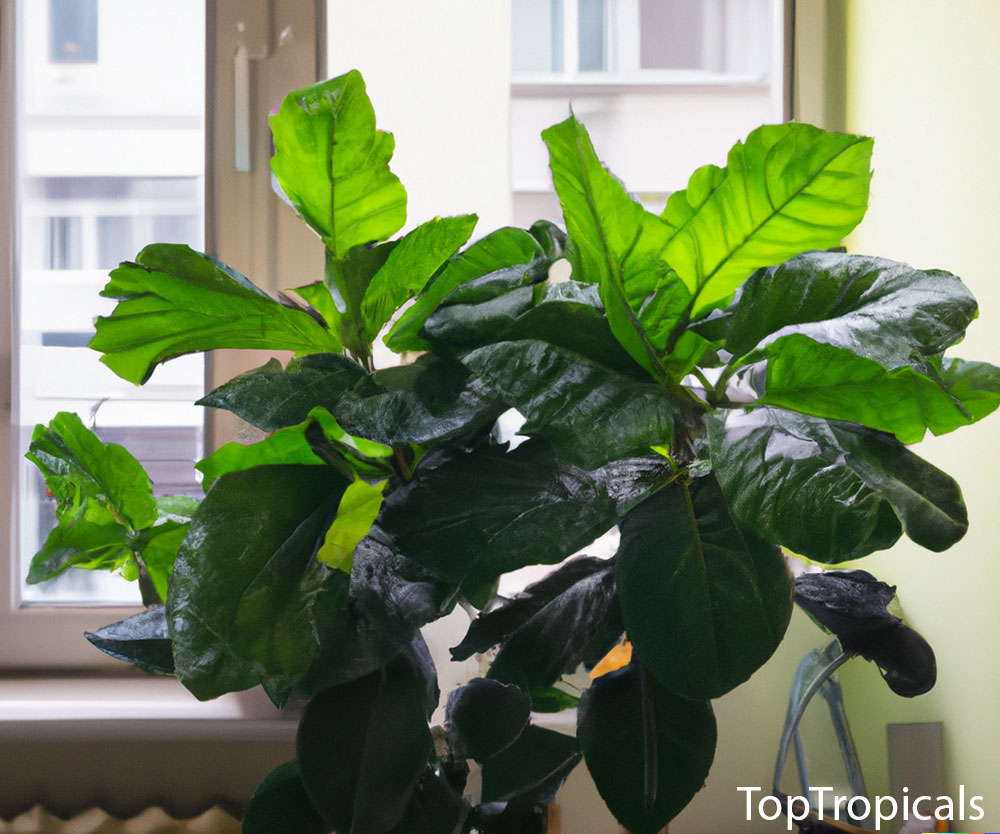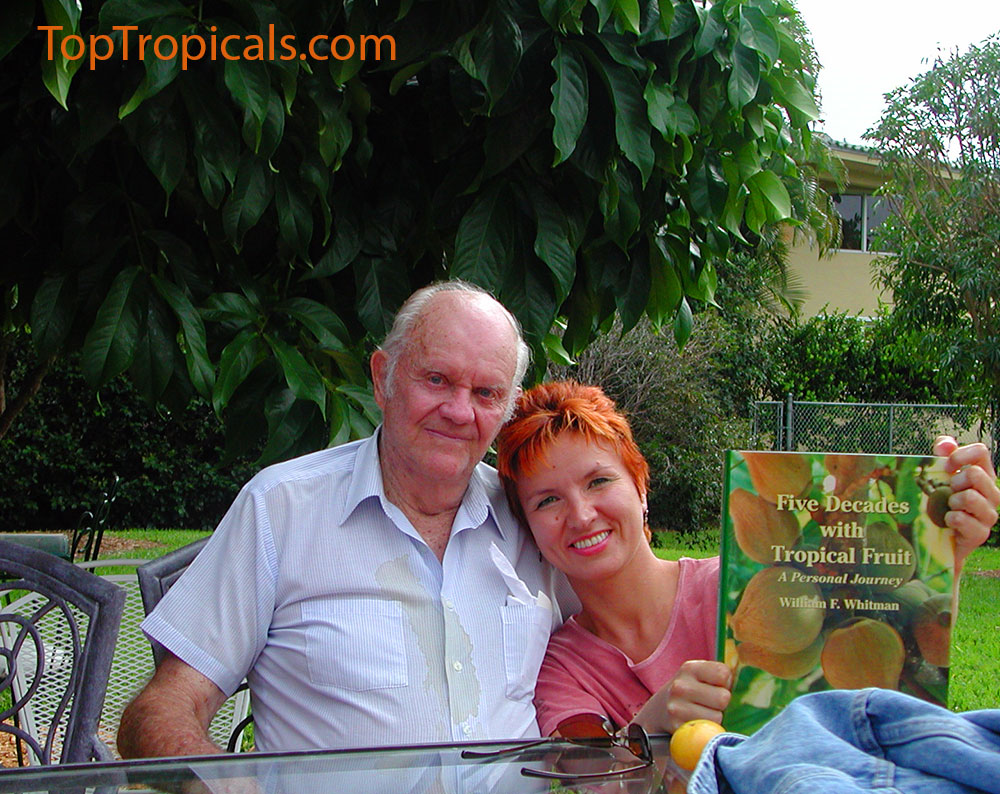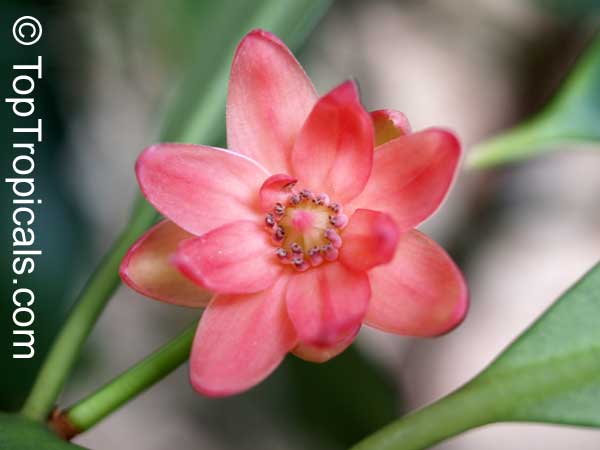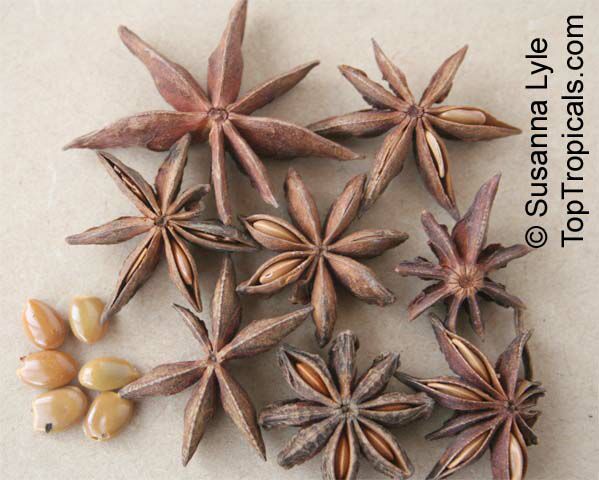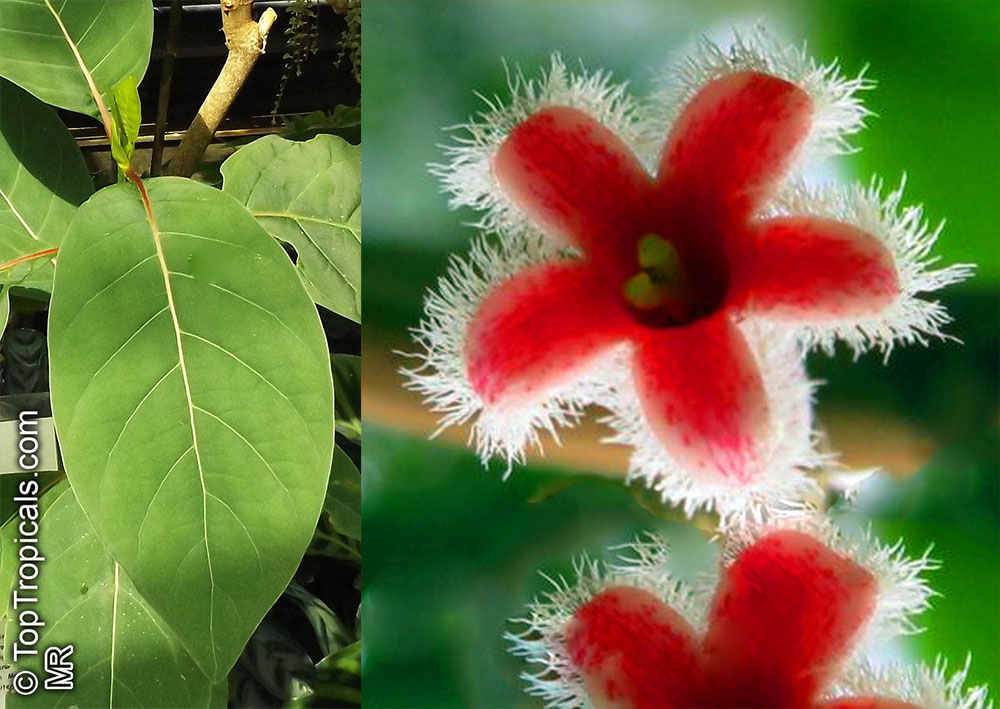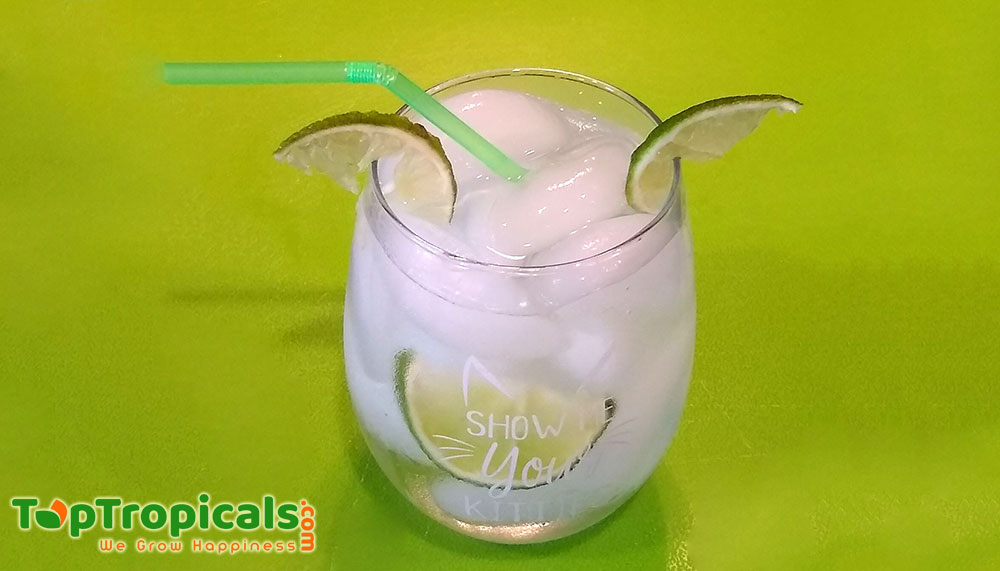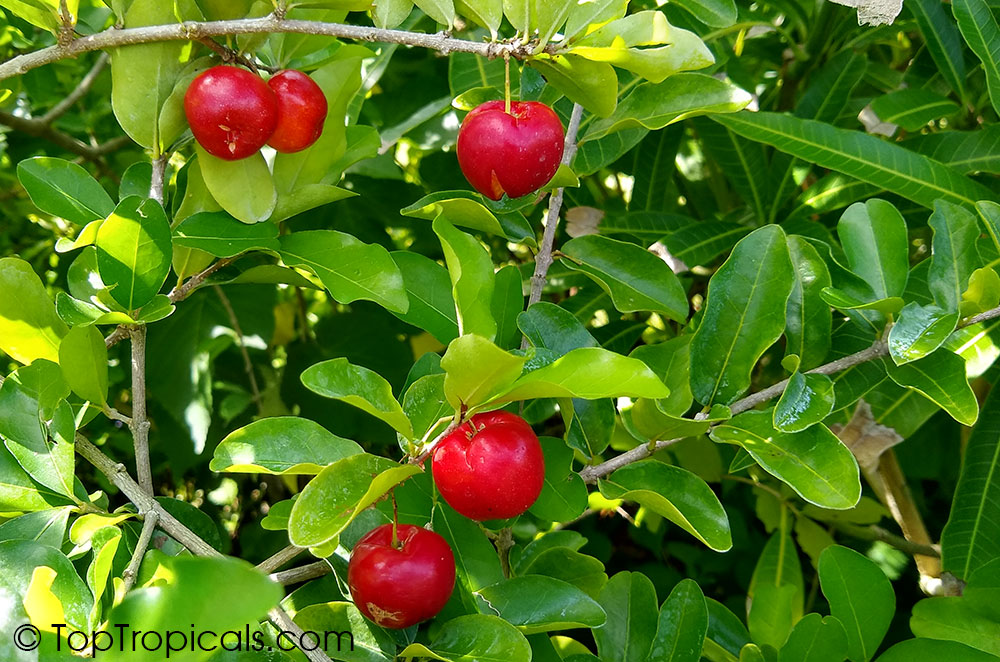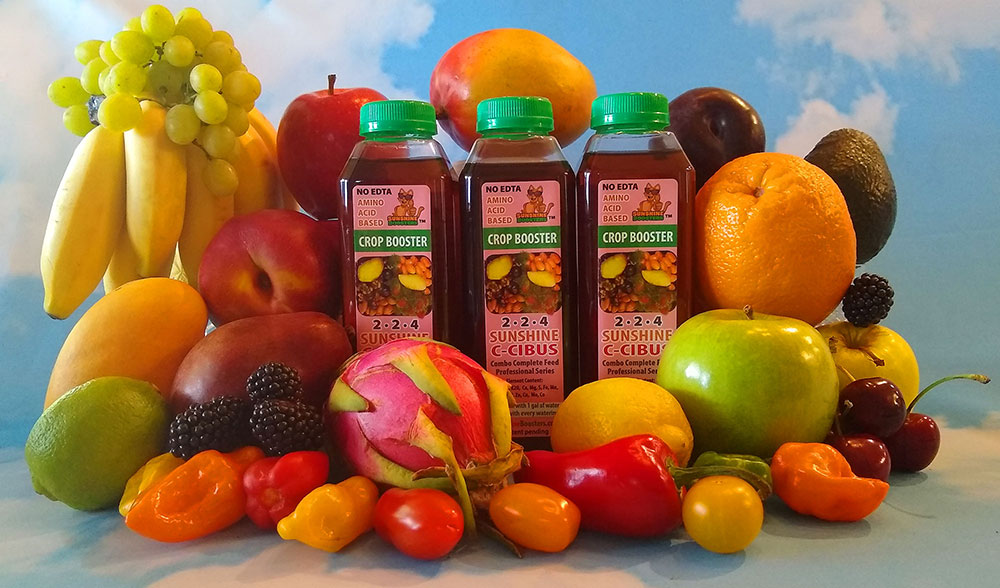Garden Blog - Top Tropicals
Date:
Heavenly Angel's Trumpet
By Onika Amell, tropical flower specialist
Q: Can you please tell me which zones are the best for growing Angel Trumpets? When do they bloom and is there a specific fertilizer to use on them? Do you sell any variegated varieties?
A: If you are lucky enough to live in an area that doesn't freeze or only has light frosts, you can grow Brugmansia (common name Angel Trumpet) outside all year long. They are only entirely hardy in USDA zones 9-12, but they remain very popular throughout the United States. They do really well in coastal settings in the Southwest. They are simply glorious in the coastal areas of South California. In the southwestern states, as well as in the tropics, they bloom spectacularly throughout the spring, summer, and autumn.
Angel Trumpets are very heavy feeders and they need huge amounts of nitrogen. You can use a standard balanced slow-release fertilizer on Brugmansia, but then you must apply it very generously. We've created a specialized fertilizer just for them. Angel Trumpet Delight is a perfect Brugmansia food for frequent monthly feed. It's a 30-day Smart-Release formula that works wonders for Angel Trumpets. A a well-balanced combination of macro- and micro- nutrients with a slow release action, it provides continuous feed, maintains vigor and disease resistance. It also contains coated nitrogen, early release nutrients and extra iron (water soluble and chelated) for quick green-up.
Angel Trumpets come in a dazzling array of colors: orange, yellow, green, white, pink, red, emerald and even purple (closely related Datura). One of our favorites is the beautiful Variegated Orange Angel Trumpet, a new hybrid with variegated leaves and a large single bloom that starts white and turns orange. Another amazing variety is "Sun Explosion" - with a variegated orange flower.
Most folks are usually in awe of the enormous trumpet flowers when they see it for the very first time. They most definitely need to be planted where they can be admired… near a deck, terrace, lanai or, entryway. The blossoms are short-lived, but numerous, continuous, and truly show-stopping! And they smell so good! This is a must have in any tropical garden. They can be grown either as a bush or a small tree. They are easy peasy to grow and root extremely easily, making them great as pass-along gifts for friends. They are sun-loving and super fast-growing plants. Plenty of water and fertilizers keep them happy and at their best. Did I mention they smell good too? ;)
Date:
Top
Tropicals TikTok Reels:
Starfish Flower - Stapelia gigantea
Calling all Exotic Gardeners!
Discover a botanical amusement on our TikTok channel! Unearth rare plants, bizarre and strange flowers, and hidden treasures from around the globe. Join our passionate community and let's explore the extraordinary together. Follow us at tiktok.com/@toptropicals and unlock a world of captivating green wonders!
Our first reel is introducing Stapelia gigantea - Starfish Flower, Giant Toad Flower, Carrion Flower... This is one of the largest flowers in the plant world!...
Subscribe to our TikTok Channel:
Stay updated with TopTropicals Videos by subscribing to our channel at tiktok.com/@toptropicals and get our latest video news of what is fruiting and blooming!
Date:
Magic mix for stubborn plants
Myco Mix - magic mix with Mycorrhiza
 A word from the owner...
A word from the owner...
...When I first started growing tropical fruit trees, I noticed that
Lychee just can't be grown from seed, period. The seed germinates readily, a
little happy seedling grows like crazy... but only for the first couple weeks.
Then it stops. Then it shrinks. Then it dies.
My teacher, tropical fruit tree expert Murray Corman (Garden of Delights), made fun of me for growing Lychee
from seed, and explained his sarcasm with two words - "Need Mycorrhiza!" It
appears that in Nature, Lychee seedlings can only grow around its mother plant
which has this magic plant-friendly fungus around its roots! The only way to
succeed with some seedlings is using this amazing Nature symbiosis... Check
out Mycorrhiza - and try it, works 100% in all stubborn cases!
Myco Mix is an amazing underground secret to a better garden! This professional growing medium with Mycorrhiza is a must for establishing plants, recovering weak plants, and for transplanting applications, including seedlings and cuttings...Learn more...
Date:
Plant Horoscope and Lucky Zodiac Plants
by Alex Butova, the Witch of Herbs and Cats
Since early in the history, humans observed the cyclicity that plants have when they grow according to their seasons, while astrology and botany with their cyclicism have similar nature. The myths
surrounding the plants, their medicinal properties given from Mother Nature, unseen cycles that connect many different factors in our world gave ideas to some astrology concepts such as: Druid Horoscope, Celtic Tree Calendar, Indian Vedic Systems Jyotish Shastra (Vastu Shastra), Ayurvedic studies, and many others...
It is common knowledge that there are people with "green thumbs," who, as they say, have a stick grows in the ground, but there are such that they can grow nothing, even if they really want. What's the matter? It is acting of the Zodiac again. The most fortunate "green thumbs" are...
CONTINUE READING >>
Date:
Libra Zodiac lucky plants

Libra - 9/23-10/22. Libra is an AIR sign, and is ruled by the planet Venus. Because Venus is the planet of beauty and love, Libra's plants often have light, lovely flowers and gorgeous scents.
Libra has been related to the endocrine system, the kidneys, and the bladder. Venus (which also rules Taurus) is responsible for the harmony between the various body systems, as well as the abdomen, kidneys and urinary tract, and thyroid. Libra's plants help to bring balance to these areas of the body. Libra's romantic nature appreciates a spice that cultivates love and sensuality. Cardamom is a spice known for its gently warming nature, so add a sprinkle when you want to heat things up slowly.
Libra Zodiac lucky plants: Jasmine, Gardenia, Euclinia, Pua Keni Keni, Randia, Beaumontia, Faradaya, Butterfly Ginger, Kopsia, Hydrangea, Montanoa, Aglaia, Dwarf Ylang-Ylang, Desmos, Clematis, Almond Bush, Brunfelsia, Four oclock plant, Juniper, Moonflower, Carissa, White Chocolate Jasmine, Night blooming jasmine, Fiddlewood, Honeysuckle, Orchid, Clerodendrums, Millingtonia, Parijat, Fried Egg Tree, Oxyceros, Phaleria, Tuberose, Cubanola, Portlandia, Rothmannia, Allamanda, Nasturtium, Rose, Camellia, Ephedra, Fuchsia, Ylang-Ylang, Magnolia, Stemmadenia, White Plumeria, Appleblossom, Needle Flower Tree, Tree Jasmine, Guaiacum, Epiphyllum, Amazon Lily, India Hawthorn, Stephanotis, Talauma, Pakalana vine, Wrightia, White flowers, Cypress, Lucky Bamboo, Dracaena, Bakul, Apple, Pear, Fig, Raspberry, Olive, Pomegranate, Apricot, Peach, Plum, Loquat, Grape, Blackberry, Mango, Cherries, Chrysobalanus icaco, Berries, Neem tree, Asparagus, Spices, Mint, Catnip, Bergamot, Thyme, Cardamom.
For other signs information, see full Plant Horoscope.
15% OFF ON ALL FRAGRANT PLANTS! 3 day sale.
Date:
Noni, the Superfruit
Nature's Food and Pharmacy
At our Christmas Plant Market a few days ago, many guests purchased a Noni tree. Everybody loved its large, beautiful leathery leaves, and were buying Noni as a present. It was appreciated as ornamental, for example as a showy specimen tree with a tropical look for a pool area. But very few people actually knew that this tree was a source of a famous Noni Juice - a unique remedy from Mother Nature... Some were surprised the plant had so many health benefits! So we promised to tell more about Noni in our newsletter.
The Noni tree - Morinda citrifolia - is a beautiful ornamental tree because of its
glossy green leaves and curious fruit. The tree is prized for its medicinal
fruit.
The Noni is considered to be a "superfruit" because of its high levels of
antioxidants, vitamins, and minerals. The fruit, leaves, and roots of the Noni
tree are used in traditional medicine to treat a wide variety of ailments,
including pain, inflammation, and infections. Some people also use Noni fruit
and juice as a natural health supplement because of its potential health
benefits.
Additionally, the Noni tree is easy to grow and care for, making it a
popular choice for both gardens and houseplant collections.
For more information on health benefits of Noni, download pdf of Noni article (from our Magazine Tropical Treasures) and watch the video: Doctor Noni.
In the photo: Noni as a houseplant. So much better than a boring ficus!
In the photo: Noni is happily fruiting in 7 gal pot. It's a beautiful ornamental and a conversation piece.
Date:
The Secret of Longevity
finally revealed!
"...Time spent in the garden doesn't count against your lifespan..."
Want to live longer? Surround yourself with plants
If you want to live longer, live around green space. The Barcelona
Institute for Global Health found that for every 10% increase in vegetation that's
within 1,600 feet of your home, your probability of death drops by 4%.
LEARN MORE >>
Why gardening could help you live longer:
1. It gets you into Nature.
2. It's good exercise.
3. You'll eat what you grow.
4. It exercises your mind, while also relieving stress.
LEARN MORE >>
Gardening helps you live to 100
Many of the world's centenarians share one common hobby: gardening. Could you extend your life and drop your stress by taking up the pursuit, too? People living in these so-called "blue zones" have certain factors in common - with daily exercise habits and a plant-based diet, for starters. But they share another unexpected commonality. People are gardening well into old age - their 80s, 90s and beyond. Could nurturing your green thumb help you live to 100? Let nature nurture you!
LEARN MORE >>
The healthiest people in the world don't go to the gym.
Moving naturally throughout the day might sound pleasant and romantic,
but the reality is that 100 years ago only 10% of us had sedentary jobs,
whereas today it's 90%. However, there are still easy ways to add more movement into your busy lifestyle. The research also showed that walking even as little as two hours per week could reduce the risk of cardiovascular disease, respiratory disease, cancer, and help you live longer.
What work out can be better than Gardening? Fresh air, lots of exercise, yet fun and rewarding!
See also: Forget the gym and get to gardening.
In the photo: The Father of American Tropical Fruit Horticulture Bill Whitman, age 92, is presenting his book Five decades with tropical fruit to Top Tropicals after giving a tour of his historical garden in Bal Harbor, Miami (2006)
Date:
Nature's pharmacy: Star Anise or Tamiflu will beat the flu?
by Onika Amell, tropical plant expert
Star Anise - Illicium verum - gets its name from the star shaped fruit... with many culinary uses. So many international dishes get their unique flavor from this wonderful spice. Any lovers of wonderful Vietnamese noodle soup "Pho" out there? Did you know that beautiful, aromatic spiciness in the broth derives from this very plant? In fact, it is the signature flavor of Pho!
Not only does this spice shine in the kitchen, but it has amazing health benefits. It contains shikimic acid, which is a vital component of the influenza-fighting drug Tamiflu! It boasts with antioxidants and vitamin A and C, which help to fight free radicals responsible for premature aging and diabetes. The oil derived from this plant contains thymol, terpineol and anethole, which is used to treat cough and flu. In addition, drinking Star Anise tea will help digestive issues such as bloating, gas, indigestion, constipation and nausea. It is one of the main ingredients of Masala Chai...
CONTINUE READING >>
Date:
by Alex Butova
As the world's health experts race to find a cure for the novel
coronavirus, this drug have jumped to their attention - Chloroquine. It contains
alkaloid Quinine, extracted from the bark of the Cinchona, or Fever Tree.
We receive many questions from our customers if we carry this plant.
Although we do not offer it at the moment, we definitely can tell you more about
this interesting medicinal plant!
If you like gin and tonic, you will be familiar with the bitter taste of
the tonic which is provided by quinine. While it is now mainly used
to add a flavor to our favorite tipple, the Cinchona tree bark once held a
place as one of the most important drugs in history.
Cinchona was discovered in the 1630s as a treatment for malaria and, for
350 years, was the only effective cure known in Europe until synthetic
replacements were developed in the 1940s. Malaria remains today one of the deadliest
diseases known throughout the tropics, but up until the 20th century the
disease was prevalent throughout Europe, including Britain.
The Cinchona tree is native to the Eastern slopes of the Andes with a range across Ecuador, Peru and Bolivia. Once the bark became an established medicine, particularly in the 18th and 19th centuries, demand started to outstrip supply. Threats of overharvesting and the desire to control the source of this precious bark drove various competing empires to source this plant for themselves. Understandably, the Spanish, who were in control of this area of South America, actively tried to prevent this, but failed to establish successful plantations themselves. A race to source and cultivate Cinchona ensued, and eventually both the Dutch, in Indonesia, and the British, in India, founded government controlled plantations for the mass production of quinine.
Chloroquine appears to have "broad-spectrum antiviral properties" and effects on immune response, and to be effective against severe acute respiratory syndrome... As the rest of the world, we are looking forward to the research results and hope the cure will be found soon!
In the meantime, let's just have more Gin-n-Tonic!
Date:
Cold hardy tropical fruit trees for Zone 9
Q: Can you suggest tropical fruit that can be grown (cold hardy) in Zone 9?
A: There are quite a few tropical/subtropical trees that will
grow well in zone 9. Our favorites are:
Figs - very cold hardy and drought tolerant.
Loquats - grafted trees that start fruiting right away, reliable
producers.
Tropical Mulberry - very fast growing trees that can take freeze, heavy
producers.
Macadamia - these trees are of a compact nature, very easy to grow and
start producing nuts right away.
Many different varieties of Eugenias - tropical cherries - all-time favorites. Another tropical cherry - Malpighia, or Barbados cherry - starts fruiting in small size under one food tall! Great for containers.
Tropical (Low Chill) Peaches, Nectarines, and Plums. See full list of low-chill, relatively cold hardy fruit
trees.
And of course -
Bananas!
Don't forget to fertilize your fruit trees to improve their cold hardiness!

